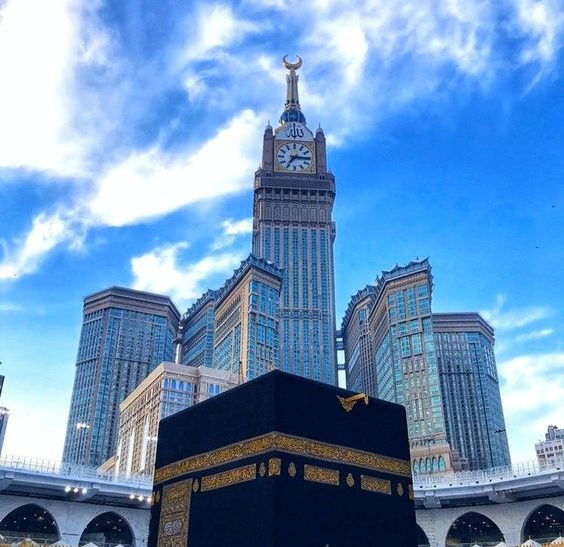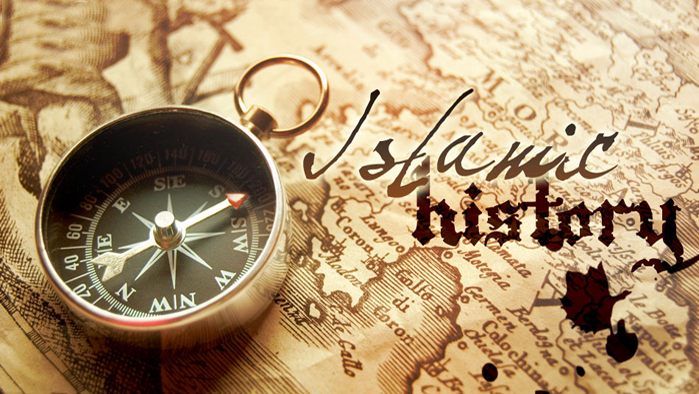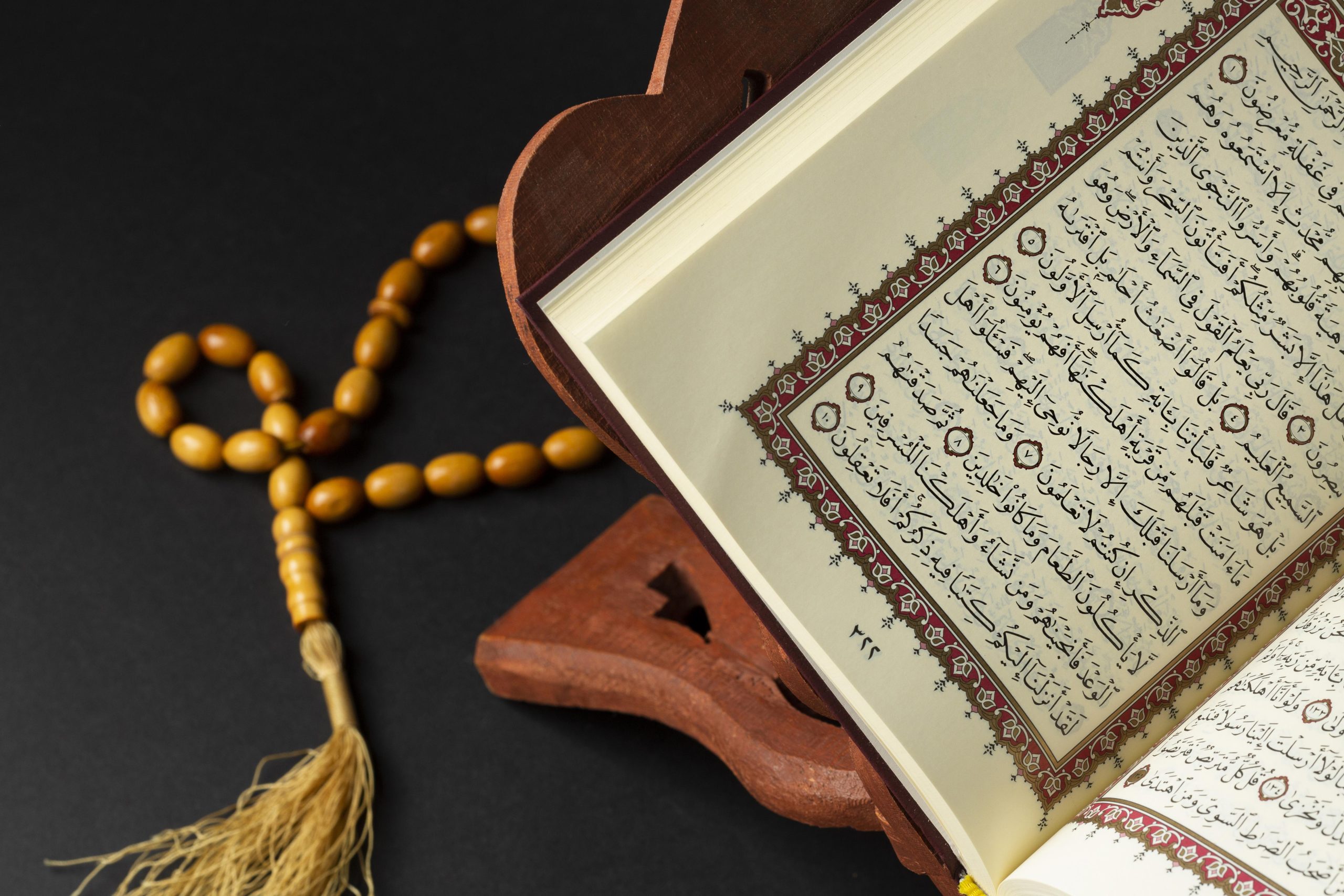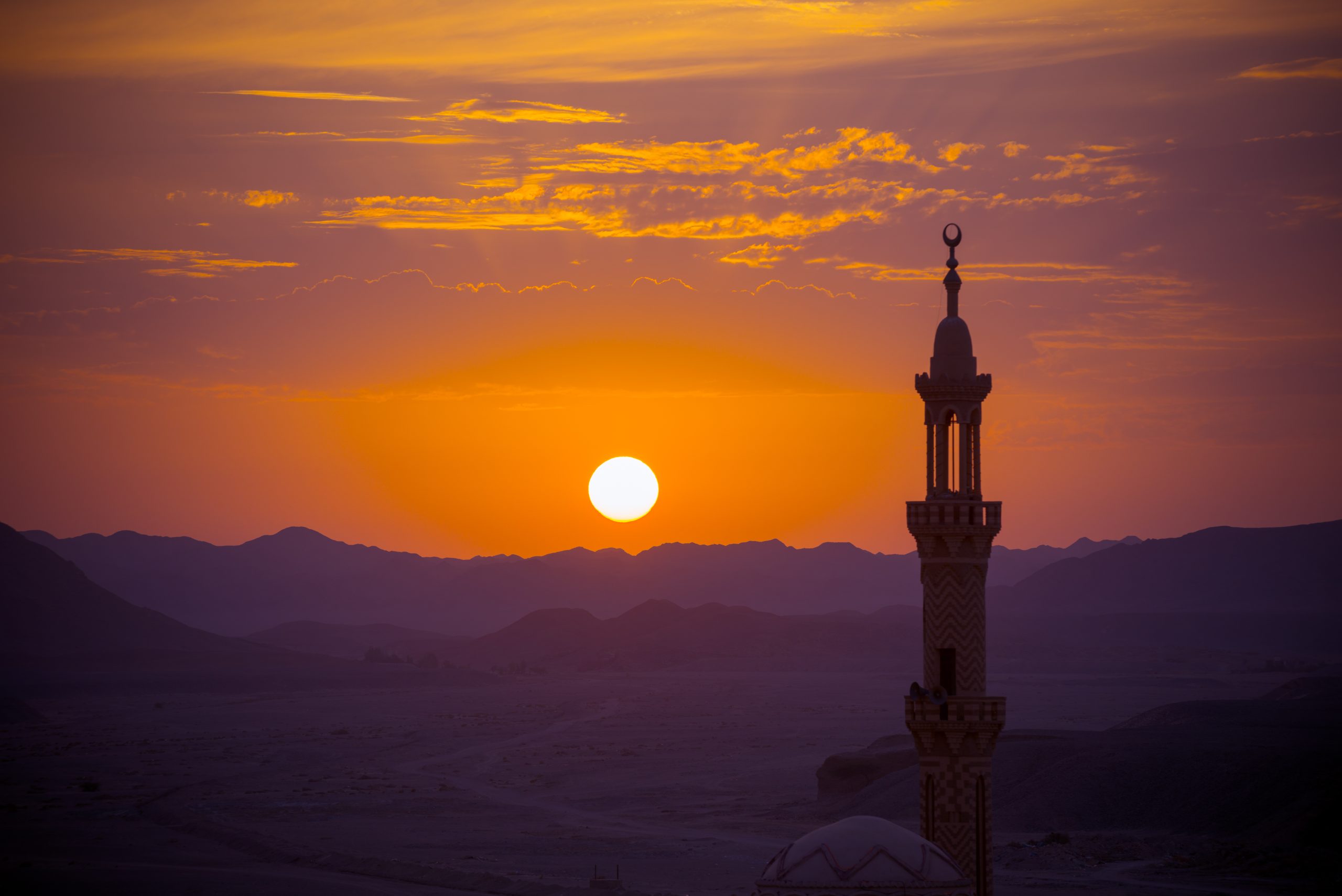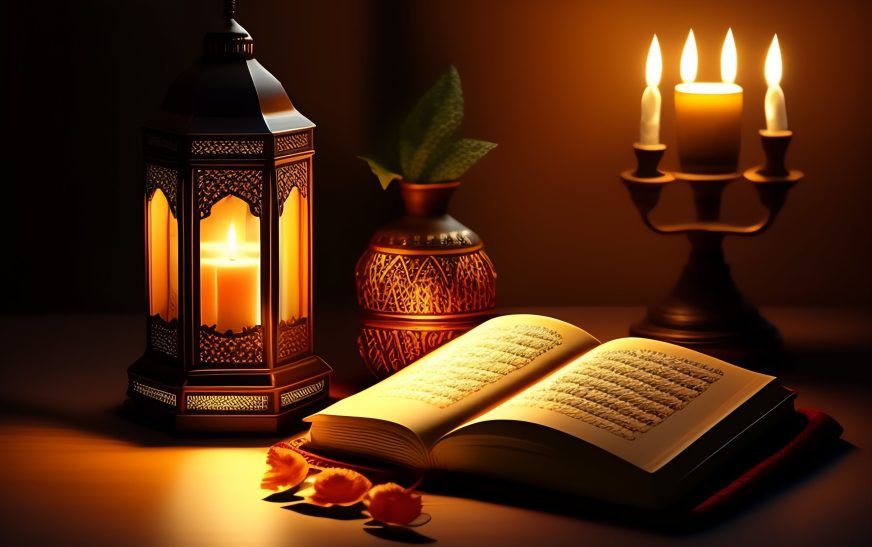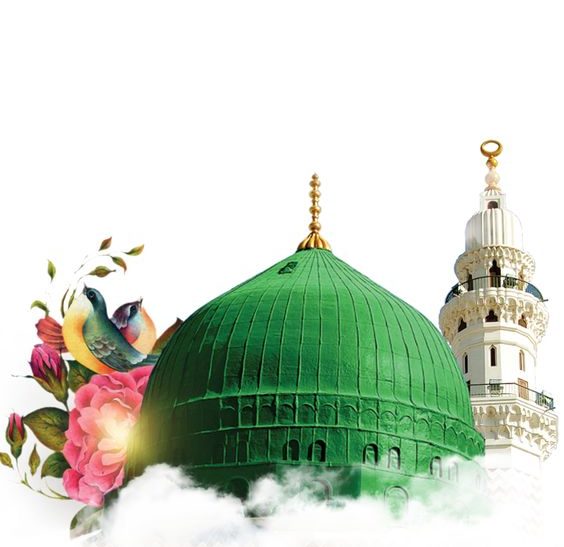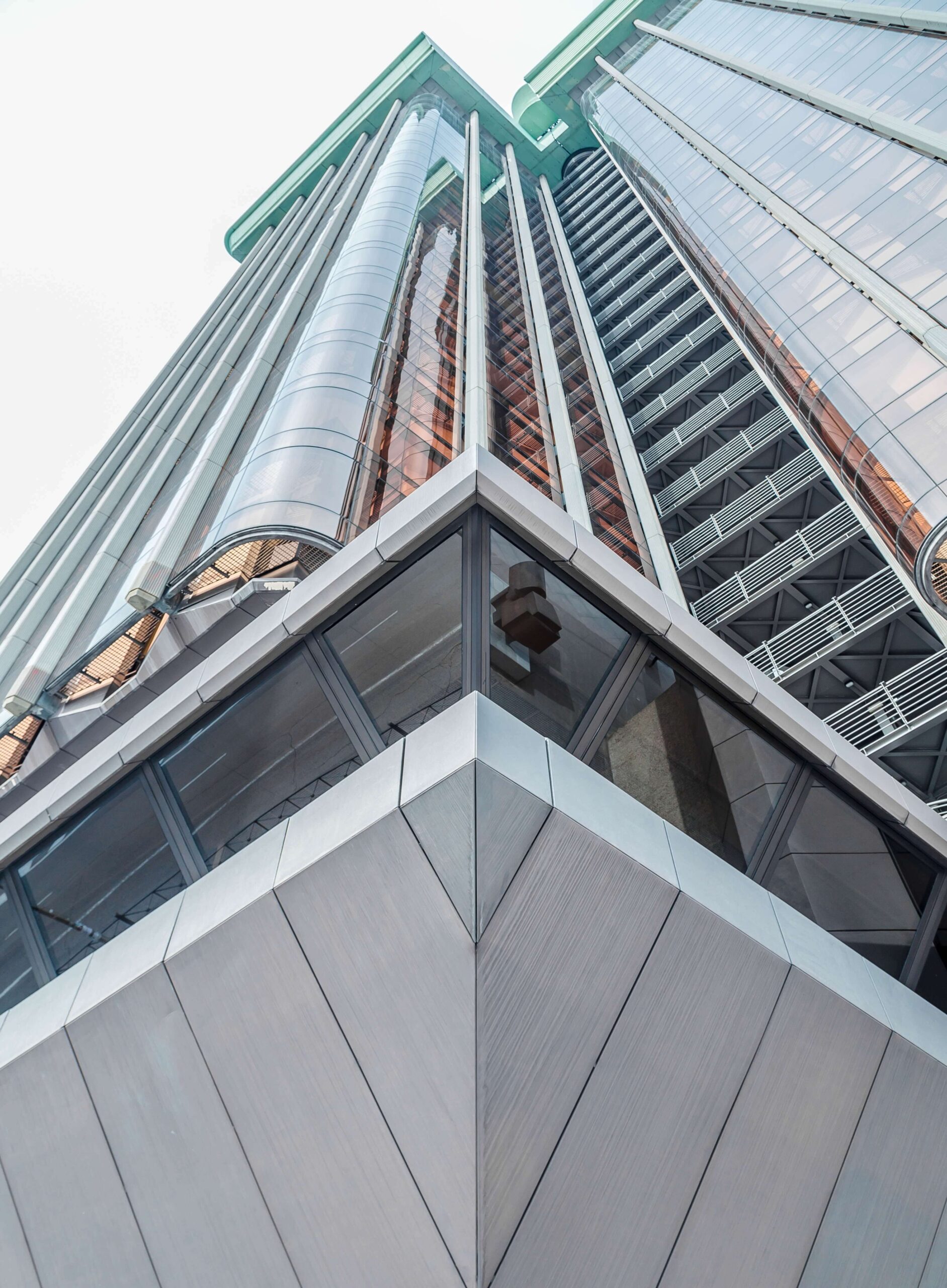In the heart of the Arabian Peninsula, amidst the vast expanse of desert sands, lies the ancient city of Mecca. This city, steeped in history and spirituality, holds a special place in the hearts of Muslims worldwide as the birthplace of Islam and the early home of Prophet Muhammad (peace be upon him).
The story of Muhammad’s life in Mecca is not just a historical account but a tapestry woven with threads of faith, resilience, and divine guidance. It is a journey that begins with his birth in the Year of the Elephant, a time when Mecca was a bustling center of trade and pilgrimage. Muhammad was born into the Quraysh tribe, renowned for their noble lineage and custodianship of the Kaaba, the sacred house of Allah. As a child, Muhammad experienced the love and care of his parents, Abdullah and Amina, until their untimely deaths. He was then entrusted to the care of his grandfather, Abdul-Muttalib, who showered him with affection and taught him the values of honor, integrity, and compassion. After Abdul-Muttalib’s passing, Muhammad’s uncle, Abu Talib, became his guardian and continued to nurture him with love and guidance.
Growing up in Mecca, Muhammad witnessed the vibrant tapestry of cultures and beliefs that converged in the city during the annual pilgrimage (Hajj) to the Kaaba. The polytheistic practices of the time coexisted with remnants of monotheistic traditions from the Abrahamic faiths, creating a diverse and dynamic social fabric.
Muhammad’s early years were marked by a deep sense of contemplation and introspection. He would often retreat to the Cave of Hira, a sanctuary nestled in the rocky mountains overlooking Mecca, seeking solitude and communion with the divine. It was during one of these solitary moments that the Angel Gabriel appeared to him with the first revelation from Allah, marking the beginning of his prophetic mission. The message Muhammad received was one of monotheism, social justice, and moral righteousness. He was tasked with conveying this message to his people, urging them to abandon idolatry and embrace the worship of the One True God. However, the path of prophethood was not an easy one.
Mecca, with its entrenched pagan beliefs and tribal hierarchies, posed significant challenges to Muhammad’s message. The Quraysh, the dominant tribe of Mecca, viewed his teachings as a threat to their established order and economic interests. They ridiculed and persecuted Muhammad and his followers, subjecting them to boycotts, social ostracism, and even physical violence. Despite the hardships, Muhammad remained steadfast in his mission, guided by unwavering faith and a profound sense of duty. His character shone brightly amidst the darkness of opposition, earning him the title “Al-Amin” (the trustworthy) among his peers for his honesty, integrity, and fairness in dealings.
One of the pivotal moments in Muhammad’s life in Mecca was the Night Journey (Isra) and Ascension (Miraj) to the heavens. This miraculous event, where Muhammad traveled from Mecca to Jerusalem and ascended through the celestial realms, affirmed his status as the seal of prophethood and strengthened his resolve in the face of adversity.
As the years passed, Muhammad’s message gained traction, attracting followers who embraced Islam’s call to monotheism, social justice, and compassion. The Muslim community in Mecca grew, despite continued persecution from the Quraysh and their allies.
The turning point came with the migration (Hijrah) to Medina, a city that welcomed Muhammad and his followers with open arms. The migration marked a new chapter in Islamic history, where the Muslim community could thrive and flourish under the leadership of their beloved Prophet. Looking back at Muhammad’s life in Mecca, we see a narrative of courage, perseverance, and unwavering faith. His journey from humble beginnings to becoming the leader of a global faith is a testament to the transformative power of divine guidance and human resilience.
Today, Mecca stands as a beacon of spiritual pilgrimage for millions of Muslims worldwide. The Kaaba, the focal point of Islamic worship, remains a symbol of unity and devotion, echoing the footsteps of Prophet Muhammad and the early believers who laid the foundation of Islam in the sacred city. In the shadows of Mecca’s mountains, amidst the whispers of ancient winds, the legacy of Prophet Muhammad’s life in Mecca continues to inspire and guide believers on their own spiritual journeys. It is a legacy of faith, hope, and unwavering dedication to the path of righteousness.

